Cough won't go away on its own. Folk remedies for cough
Contrary to popular belief, coughing occurs not only with respiratory diseases, but also with damage to other organs. And it is unlikely that you can find a single person in the world who has never coughed.

The benefits of folk remedies for coughs and colds are sometimes exaggerated.
Is it possible to combat this symptom with folk remedies? What recipes and in what cases will be the most effective? When is it necessary to urgently consult a doctor, without trying to self-medicate?
Features of treatment using folk recipes
Today, more and more people prefer to abandon medications in favor of cheaper and, as it is believed, harmless folk remedies. Medicines are expensive, have their side effects, and are made from chemicals. Their disadvantages can be listed endlessly. However, those who decide to be treated with traditional medicine sometimes forget about some of the features of such therapy.
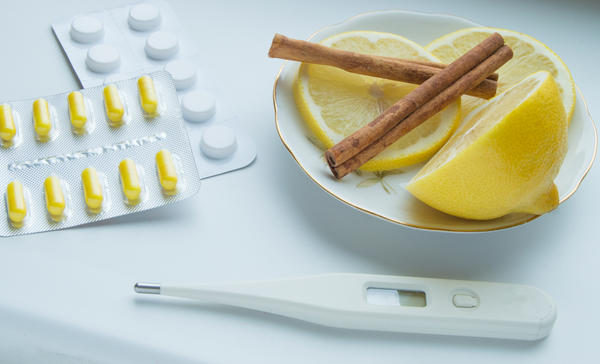
Pills or folk remedies?
- Contraindications and side effects
Products (herbs and roots, fruits and vegetables, other medicinal raw materials) that traditional medicine proposes to use in treatment have contraindications and side effects in the same way as “chemical” medicines.
- Everything around us is chemistry
All plants contain certain biological substances, which are chemical compounds. The only difference with medicines is that a medicine can be synthesized, and a plant grows in a garden bed. At the same time, the chemical composition of a synthetic drug is precisely known, which cannot be said about infusions and decoctions of home preparation.
In terms of effectiveness, there is no equal sign between potent drugs and folk remedies. You should not expect quick results from home remedies; often, it is necessary to boil, infuse, and evaporate the future healing potion for several days (or even weeks!). During this time, you can sometimes be treated more quickly and effectively with a drug purchased at a pharmacy.

Popular folk remedies are also far from harmless
All home recipes help to cope with symptoms only at the very first stages of the disease development! If the disease is very advanced, it is necessary to consult a doctor and choose good medicines, and not continue self-medication.
However, it would be wrong to completely deny the experience of traditional medicine. Correctly used herbal preparations can alleviate the patient's condition, and sometimes even get rid of an unpleasant symptom.
Traditional recipes for dry cough
A dry cough is an unpleasant symptom that can be accompanied by chest pain, sleep problems, and other complaints. It does not produce phlegm, and an active inflammatory process develops in the respiratory tract. Proven recipes from the arsenal of traditional medicine will help cope with the problem.
Black radish
Radish is an excellent remedy that has long been used to treat dry cough. There are many recipes using this root vegetable, for example, a mixture of carrot juice and radish juice with the addition of honey. Drink this drink throughout the day, 1 tablespoon every hour. But the most popular recipe is radish syrup with sugar or honey.
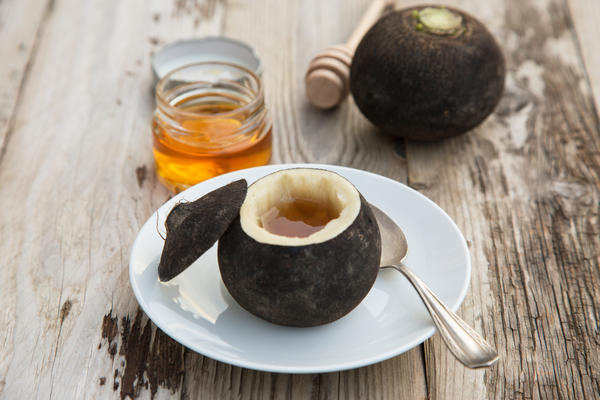
Black radish with honey or sugar is a proven cough remedy.
Liquorice root
To make medicine from licorice root, you need to take 1 tablespoon of crushed dry raw material, pour it into any enamel bowl, pour a glass of boiling water, and then bring the resulting mixture to a boil. Turn off the gas and let the broth brew for 2-2.5 hours. The resulting medicine is filtered and drunk before meals, a tablespoon 4-5 times a day.
Coltsfoot leaf
Coltsfoot leaf is included in many herbal infusions used to treat coughs. You can read about this plant in the article Coltsfoot: what it is, what it likes and what it is used for and use, for example, one of the following recipes. Coltsfoot leaf is one of the most popular cough remedies. The first recipe: coltsfoot leaf, black elderberry flowers and knotweed herb are mixed in a ratio of 1:1:1. The mixture is brewed with boiling water and left for 30 minutes. Take four times a day half an hour before meals, ¼ cup of infusion. If it is necessary to treat a child, he is given 1-2 tablespoons of medicine according to the same rules. The second recipe: wild mallow flowers, lungwort herb, coltsfoot leaf, buckwheat flowers are mixed in a ratio of 6:1:1:1. The raw materials are thoroughly mixed, 5 tablespoons of the mixture are brewed with 1 liter of boiling water and infused overnight. The resulting infusion is filtered and drunk during the day in 5-6 doses. The third recipe: mix coltsfoot leaves, plantain leaves and licorice root in a ratio of 2:2:1. 1 tablespoon of the mixture is poured into a thermos, poured with boiling water and infused for 15-20 minutes. The resulting drink is filtered through a fine sieve, sugar or honey is added to taste and half a glass is drunk twice a day.
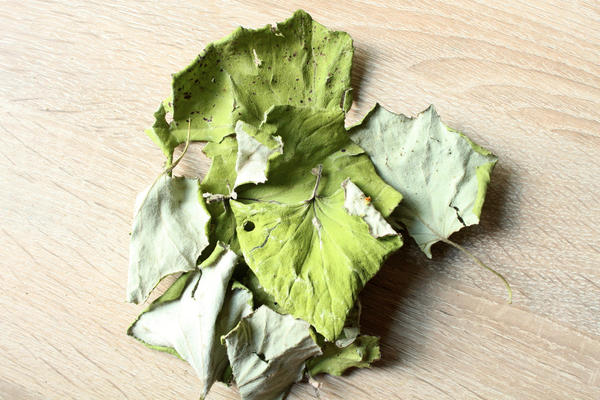
Ginger root
Ginger is an excellent anti-cold remedy that strengthens the immune system. Ginger root is used in numerous recipes to treat coughs, colds and flu. You can use, for example, the following.
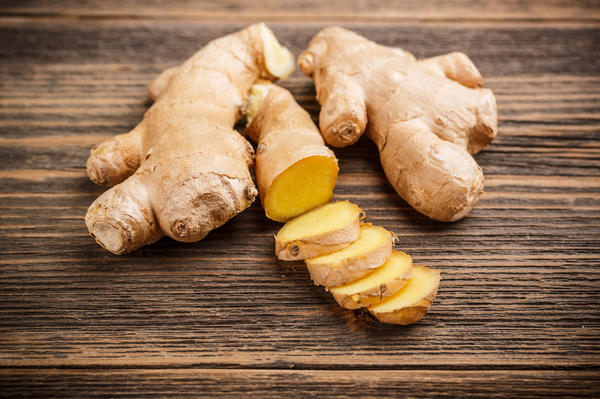
Ginger root is a traditional remedy for colds.
To get rid of a cough, it is recommended to take 200-250 g of granulated sugar and add 1-2 teaspoons of finely grated ginger root. The resulting mixture is poured with a small amount of water and placed on fire. To prevent the sugar from burning, you need to heat it over low heat, stirring constantly. As soon as the mixture turns into a viscous mass, it is removed from the stove. The resulting medicine is consumed 0.5 teaspoon 2-3 times a day.
Marshmallow root
Marshmallow root and coltsfoot leaves are mixed in a 1:1 ratio. The resulting mixture is poured with a glass of boiling water and infused for 30 minutes. The infusion is consumed half an hour before meals, ½ glass at a time. The same recipe can be used for wet coughs.
Onion
The easiest way to use onions to treat coughs and colds is inhalation. It is enough to chop the onion and inhale the volatile substances it releases. Healing syrups (using sugar or honey), decoctions (usually with milk), infusions and tinctures are also prepared with onions.
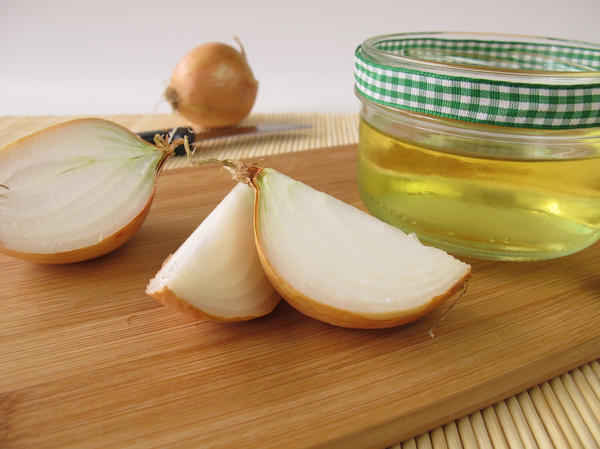
Onions are a good cough remedy.
Recipes for wet cough
A wet cough, unlike a dry cough, is accompanied by the active removal of wet secretions from the bronchial tract. The main task in treating such a cough is to improve sputum discharge. Decoctions and infusions of medicinal herbs make the task easier.
Anise seeds
Mix two tablespoons of anise seeds with 1 teaspoon of honey and a pinch of salt, add a glass of water and bring to a boil. The resulting decoction is filtered and drunk every two hours, a tablespoon throughout the day.
Honey and olive oil
Mix olive oil and honey in a 1:1 ratio. Heat the mixture in a water bath and take 1 teaspoon 3-4 times a day. Recipes with honey, as well as contraindications for consuming honey, can be found in the articles:
Plantain leaf
2-3 tablespoons of crushed plantain leaves are poured with 500 ml of boiling water and infused for 2-2.5 hours. The resulting medicine is filtered and drunk at least three times a day, 1/3 cup.
Raisins with onion juice
50 g of raisins are poured with a glass of boiling water and infused for half an hour under a lid. Strain, add 3-4 spoons of onion juice. Drink in small sips at one time. It is best to use this remedy before bedtime.
Figs in milk
To effectively combat a wet cough, you can prepare a tasty medicine. Add 2-3 figs to milk and simmer for 20 minutes. The resulting remedy is consumed warm or hot 2-3 times a day after meals.
When you can’t be treated with folk remedies
Folk remedies certainly help to cope with various types of cough, but they can not be used by everyone and not always. Even if it seems that you can cope with the disease on your own, consult a doctor. First, you need to make sure that the cough is caused by a respiratory disease, since all folk recipes are designed to get rid of cough as a symptom of a cold or bronchitis. And only after visiting a specialist and establishing a reliable diagnosis can you resort to folk methods. Secondly, even the most harmless at first glance folk recipes can be dangerous - for example, if they contain an ingredient that is contraindicated for the patient due to possible side effects or causing an allergic reaction. Even the most common folk remedies have contraindications . There are also a number of conditions in which you should see a doctor immediately, without trying to self-medicate . Call a doctor if:

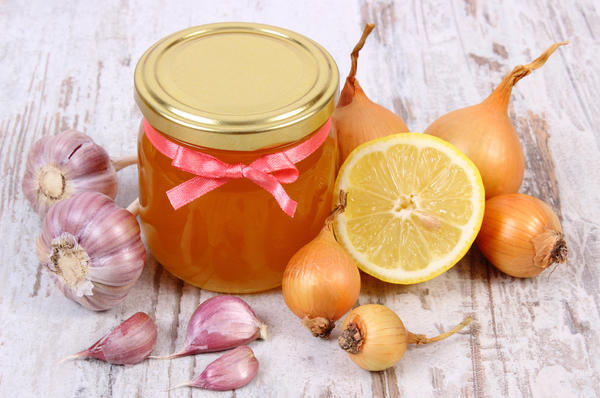
- the cough began suddenly, without objective reasons (may indicate a foreign object entering the respiratory tract);
- cough is accompanied by increased breathing, difficulty inhaling or exhaling, and the appearance of wheezing or whistling;
- the secreted sputum is thick and has a greenish or reddish color;
- the cough is accompanied by a high temperature that lasts for more than 4 days in a row;
- I haven't been able to get rid of my cough for more than two weeks;
- streaks of blood appeared in the sputum.
Traditional medicine recipes have long established themselves as effective and fairly safe remedies. However, a person should remember that a cough is not a disease, but only a symptom. And fighting a symptom without knowing the reason for its appearance is wrong.










0 Comments